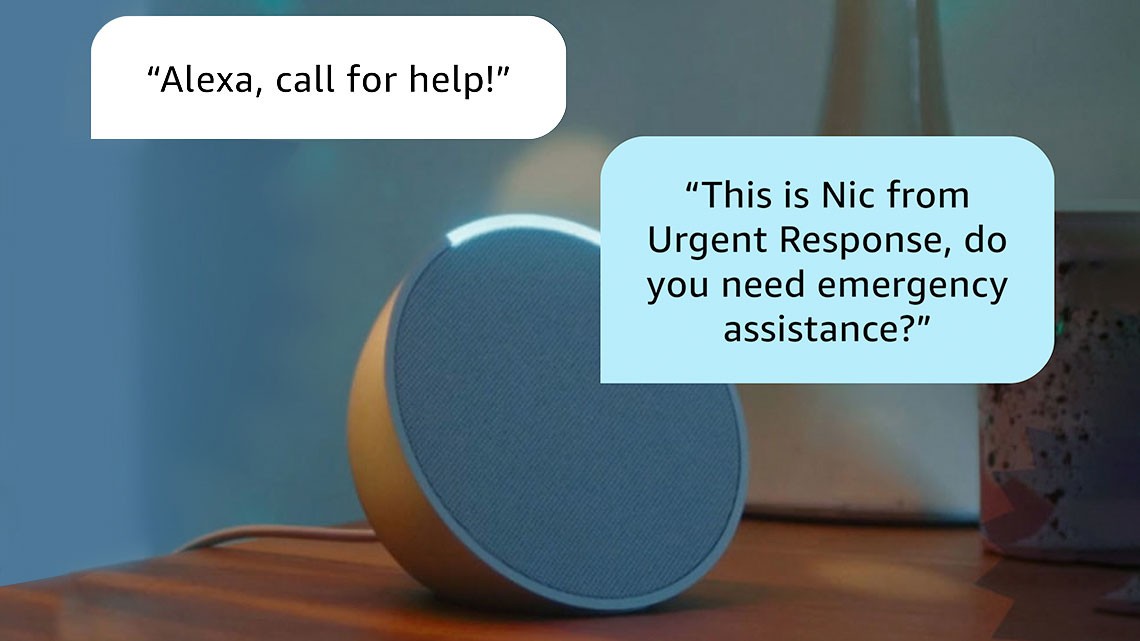Staying Fit


“Her living will takes over now,” the nurse practitioner said the morning after my mother slipped into a coma.
I was 51 weeks into 24-hours-a-day caregiving, which included constant decision-making about hospital, rehab and nursing facility admissions, as well as readjustments of medication and treatment plans — without a break. Practically every day of caregiving held life-or-death choices.


AARP Membership— $12 for your first year when you sign up for Automatic Renewal
Get instant access to members-only products and hundreds of discounts, a free second membership, and a subscription to AARP the Magazine. Find out how much you could save in a year with a membership. Learn more.
Suddenly, there were no more decisions to make. All I had to do was be a daughter, to hold my mother’s hand, sing and talk to her, and wait. And when she died, my heart, mind and soul were at peace. My mom’s living will said she did not want life support or to be kept alive when there was no chance that she could survive without life support.
After examination and deliberation by her physicians, her final wishes were honored and carried out. It’s what she wanted. But her living will was also a gift to me, because without it, I wouldn’t have been able to let go and know that beautiful peace.
Why it matters
There are many reasons to make a living will: to give guidance to your doctors and health care surrogates, to provide clarity and closure to your loved ones, to prevent conflict or disagreements among family members and to limit the emotional burden on the people closest to you at the time of your death.
Most important is that you remain the captain of your own ship, with the authority to dictate how you want to live and die. Considering that the majority of dying people are unconscious, in distress or otherwise not able to speak, the living will serves as your voice when you may not have one.
More than 80 percent of older adults understand the end-of-life transition is an important part of life, but only 33 percent have made a living will, according to a 2024 AARP survey. That means a majority of Americans are rolling the dice on who will make decisions for them at the end of their lives.
What is a living will
A living will, part of your advanced directive, is a written, legally binding document that informs your doctors about your preferences for medical care at the end of life. Because this is a legal document, you may use a lawyer to help you understand and write it. You do not need a professional, however. With a little research and reflection, you may create your own living will with ease and at no cost.
Every state has different laws and practices, so be sure to use a living will that your state recognizes. Some use standard forms; others allow you to draft your own. Follow your state’s rules about what kind of witnesses you should use and whether the document needs to be notarized.


































































More from AARP
A Caregiver's Guide to Conservatorship
Beach Boy Brian Wilson’s conservatorship shines a light on often misunderstood legal proceedingA Legal Checklist for Family Caregivers
6 steps to take to protect your loved ones and yourself
What To Do When Banks Reject a Power of Attorney
Steps to take to ensure the key document is easily used